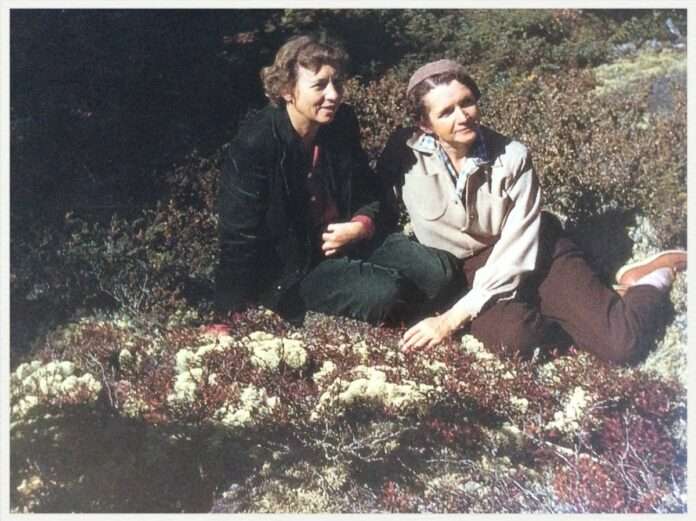From Jane Goodall to Rachel Carson these environmentalists have made big strides in the last half-century.
Environmental issues are becoming increasingly critical in our world today, from climate change to deforestation, pollution to biodiversity loss. These environmentalists show us that one person can make a difference. Their dedication and passion serve as inspiration for all of us to become more involved in protecting our environment.
What is an environmentalist?
Someone who identifies as an environmentalist is an individual who is deeply concerned with protecting and preserving the natural environment. This concern typically stems from an understanding of the impact human activities have on the planet, including issues like pollution, deforestation, climate change, loss of biodiversity, and unsustainable resource use.
Environmentalists often come from diverse backgrounds and may work in various sectors, including science, education, law, politics, and activism. Their goal is to ensure that the environment is protected and preserved for future generations, recognizing that a healthy environment is crucial for the well-being of all living creatures on Earth.
In addition to concern, environmentalists also typically engage in a range of activities to promote conservation and sustainability, which can include:
- Advocacy: Raising awareness about environmental issues through campaigns, education, and public speaking.
- Research: Studying environmental systems and the effects of human activities to inform policies and practices.
- Conservation Efforts: Participating in or leading initiatives to conserve natural habitats, protect endangered species, and restore ecosystems.
- Policy and Legislation: Working towards the development and implementation of environmental laws and regulations.
- Sustainable Practices: Promoting and adopting sustainable lifestyles and business practices to reduce ecological footprints.
The greatest environmentalists of the last 50 years
While anyone standing up for the planet warrants recognition, there are a few individuals who’ve gone above and beyond the call of duty as this list demonstrates.
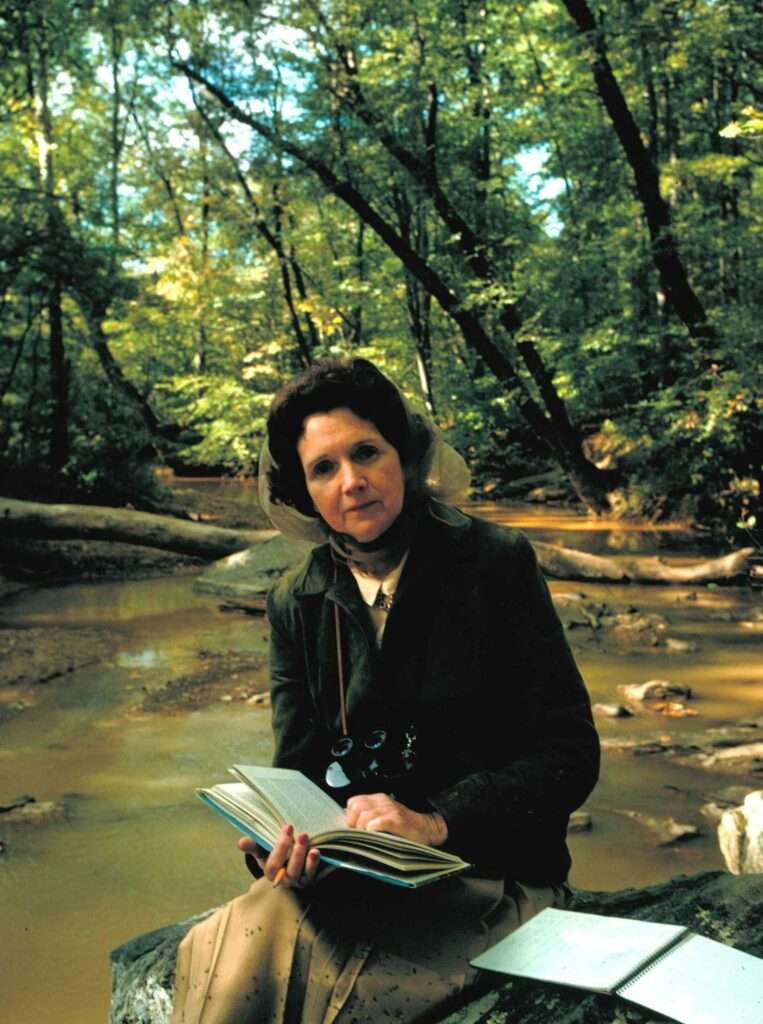
1. Rachel Carson
Rachel Carson was a renowned American marine biologist and environmentalist, whose influential writings significantly propelled the international environmental movement. Born on May 27, 1907, in Springdale, Pennsylvania, Carson developed a deep interest in the natural world at a young age. She pursued her passion at the Pennsylvania College for Women and Johns Hopkins University, where she studied marine biology.
Carson worked for the U.S. Bureau of Fisheries (which later became the Fish and Wildlife Service) before transitioning to full-time writing. She penned several books about ocean life, but it was her book “Silent Spring” that catapulted her to fame and controversy.
Published in 1962, “Silent Spring” exposed the harmful effects of pesticides on the environment, particularly DDT. The book argued that these chemicals were poisoning wildlife and contaminating the earth’s food chain. Carson was heavily criticized by the chemical industry and some parts of the government, but the public outcry that followed its publication led to a nationwide ban on DDT and other pesticides.
“Silent Spring” also led to a greater public awareness of the environment and the impact humans have on it. It played a pivotal role in the birth of the modern environmental movement and the establishment of the U.S. Environmental Protection Agency.
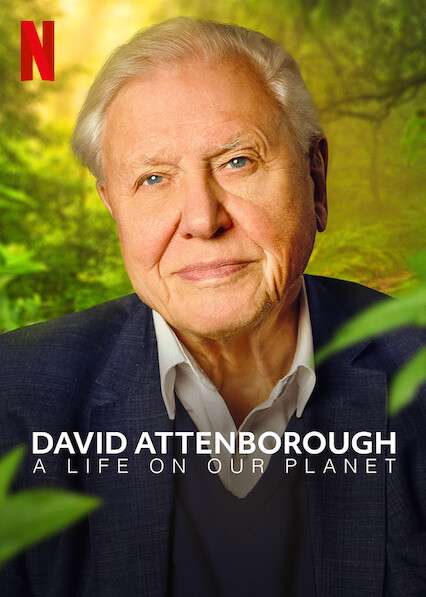
2. David Attenborough
Renowned broadcaster and natural historian, Sir David Attenborough, was born in London, England on May 8, 1926, and is globally recognized for his contributions to the field. With a career spanning over six decades, Attenborough has brought the wonders and realities of the natural world into millions of homes around the globe.
Attenborough’s career as a broadcaster began in the 1950s at the BBC, where he initially worked in the television talks department. He later became a producer and quickly made a name for himself with his innovative approach to broadcasting. His first animal series, “Zoo Quest,” aired in 1954.
Throughout his illustrious career, Attenborough has written, produced, and hosted countless documentaries. His most notable works include “Life on Earth,” “The Blue Planet,” and “Planet Earth.” These series have not only educated the public about the complexity and beauty of the natural world but have also highlighted the urgent need for conservation.
Attenborough’s documentaries have had a profound influence on public attitudes towards the environment. His advocacy for the planet, combined with his unique storytelling ability, has increased awareness of environmental issues and inspired many people to take action. At 95 years old, he continues to be a voice for the planet, emphasizing the urgency of addressing climate change and biodiversity loss.
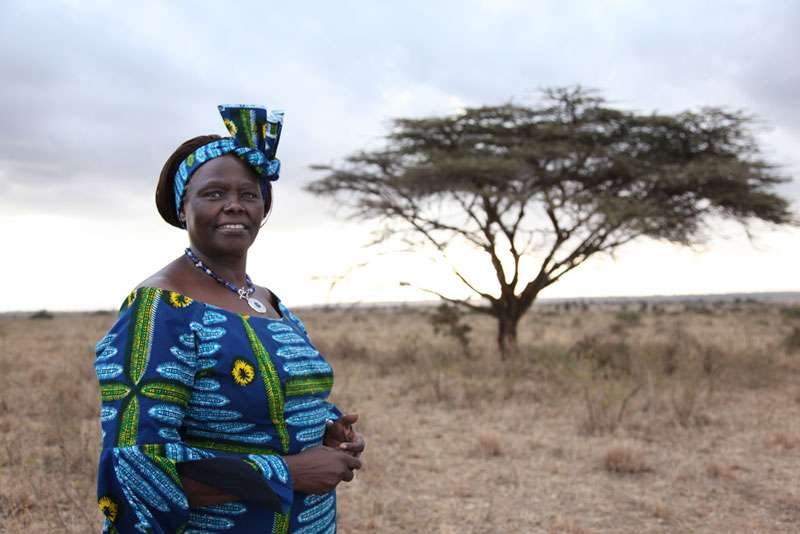
3. Wangari Maathai
Wangari Maathai was a distinguished Kenyan activist, known for her unwavering dedication to environmental preservation, democracy, and human rights. Born on April 1, 1940, in Nyeri County, Kenya, Maathai became the first woman to obtain a Ph.D. in East and Central Africa.
Maathai founded the Green Belt Movement, an environmental non-governmental organization focused on planting trees to prevent environmental and cultural degradation. Starting with a small tree nursery in her backyard, she launched what would become a nationwide grassroots initiative. This movement has not only revitalized the Kenyan landscape but also empowered countless women by involving them in the process.
In 2004, Maathai’s tireless activism was recognized when she became the first Black African woman to receive the Nobel Peace Prize. The activist died in September 2011. Today, her legacy continues through the work of the Wangari Maathai Foundation.

4. Greta Thunberg
Greta Thunberg is a young Swedish environmental activist who has become a global icon for climate action is likely known to most college students these days. Born on January 3, 2003, Thunberg first gained international attention when she initiated the ‘School Strike for Climate’ movement in 2018.
Thunberg is behind the Fridays for Future campaign and has led the call for more robust action on climate change resonated with young people worldwide, sparking a global youth-led movement. Her impassioned speeches and unwavering dedication have significantly impacted youth activism around the globe, inspiring millions of students to join strikes in their own cities.
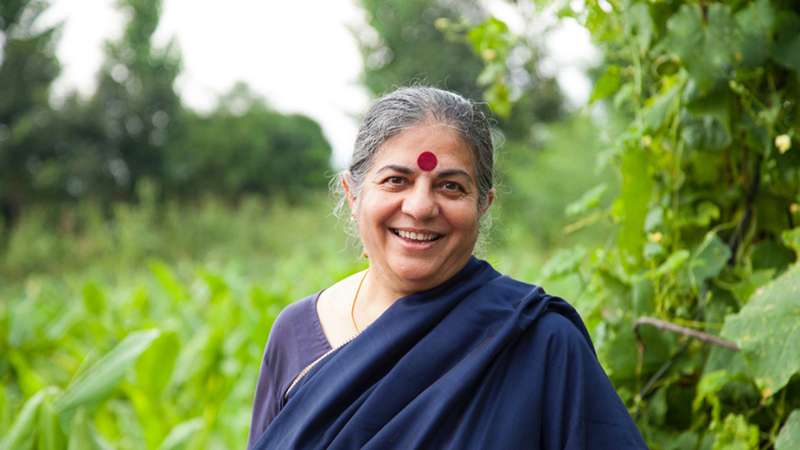
5. Vandana Shiva
Vandana Shiva is an Indian scholar and environmental activist known for her work on biodiversity, bioethics, and ecological feminism. Recognized as one of the world’s most prominent environmental advocates, Shiva has spent decades fighting for the rights of people and nature alike.
Shiva’s work spans multiple disciplines, but she is perhaps best known for her efforts in the field of biodiversity. She argues that genetic diversity and local knowledge are critical to food production and sustainable agriculture.
In addition to her work on biodiversity, Shiva is also a prominent voice in the field of ecological feminism, arguing that there’s a connection between the oppression of women and the destruction of nature.
Shiva established the Research Foundation for Science, Technology, and Natural Resource Policy to expand her work. This organization is committed to creating sustainable agricultural methods. Through this foundation, Shiva continues to champion biodiversity, organic farming, and the rights of farmers.
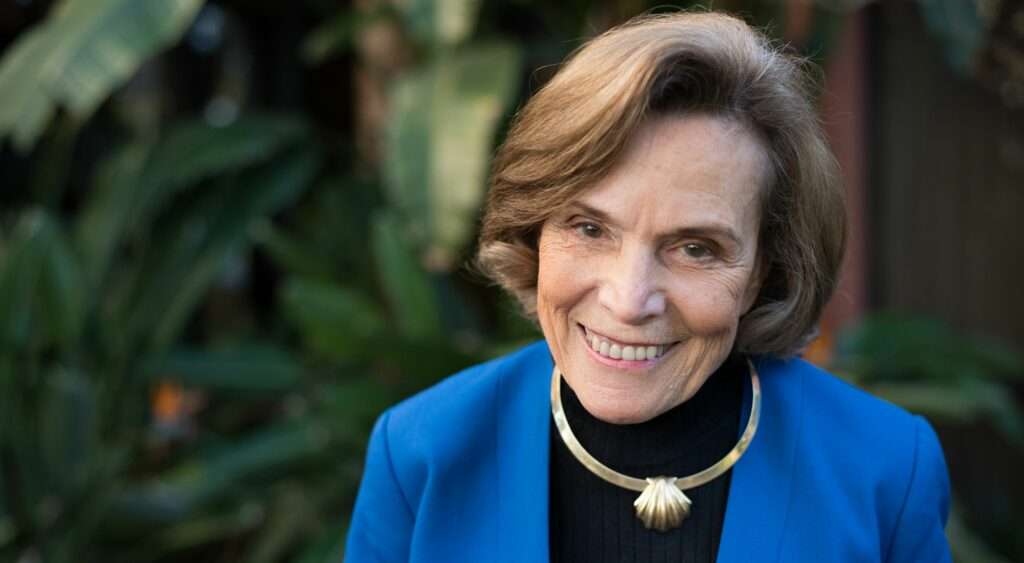
6. Dr. Sylvia Earle
Dr. Sylvia Earle, an American marine biologist, explorer, and author, is recognized for her studies on marine algae. Her books and documentaries are renowned for their role in highlighting the dangers of overfishing and pollution to our global oceans. Born on August 30, 1935, in Gibbstown, New Jersey, Earle has spent her life exploring the ocean and advocating for its conservation.
Earle has led numerous underwater expeditions and holds several records for deep diving. In 1970, she led the first all-female team of aquanauts in the Tektite II project sponsored by NASA. In 1979, she walked untethered on the seafloor at a depth lower than any living human being before or since.
In 2009, Earle founded Mission Blue, a non-profit organization dedicated to establishing marine protected areas, which she calls “Hope Spots,” around the globe. These spots are critical to the health of the ocean, providing safe havens for marine species and helping to maintain biodiversity.
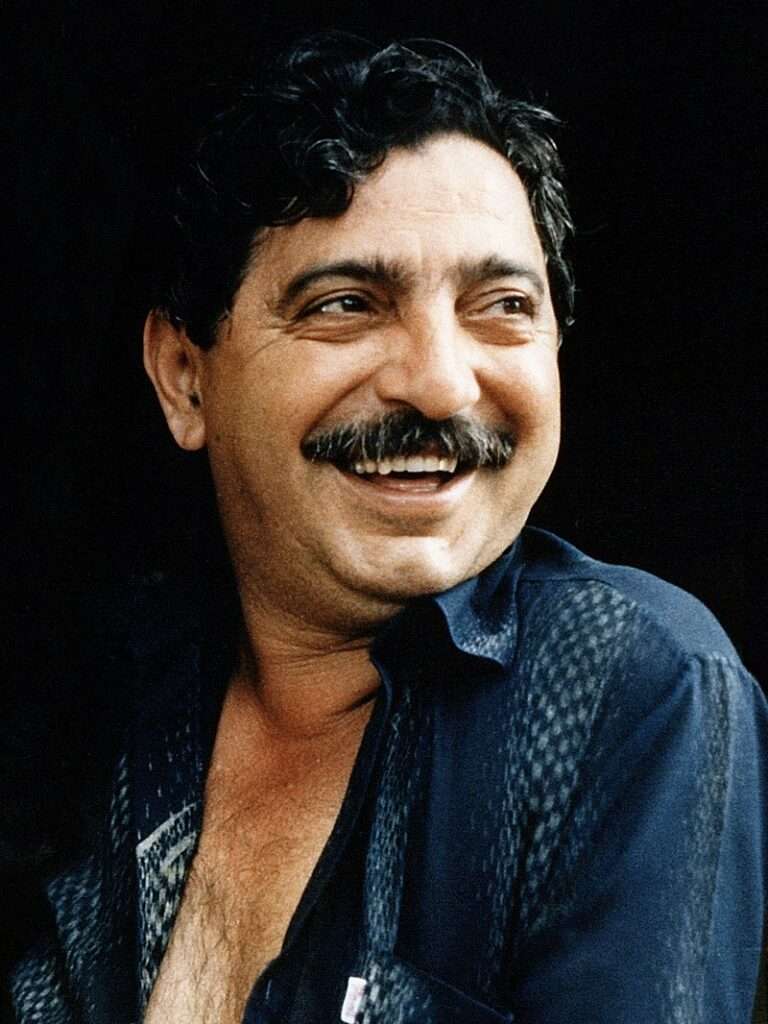
7. Chico Mendes
Francisco Alves Mendes Filho, better known as Chico Mendes, was a Brazilian rubber tapper, trade union leader, and environmentalist who fought to preserve the Amazon rainforest and advocate for the rights of Brazilian peasants and indigenous peoples. Born on December 15, 1944, in Xapuri, Acre, Brazil, Mendes became a key figure in the fight against deforestation.
Mendes’ advocacy work made him a target, and he was assassinated in his home on December 22, 1988. However, his death did not silence his cause. Instead, it drew international attention to the issues he had fought for and led to significant policy changes in Brazil and worldwide concerning deforestation and the rights of indigenous peoples.
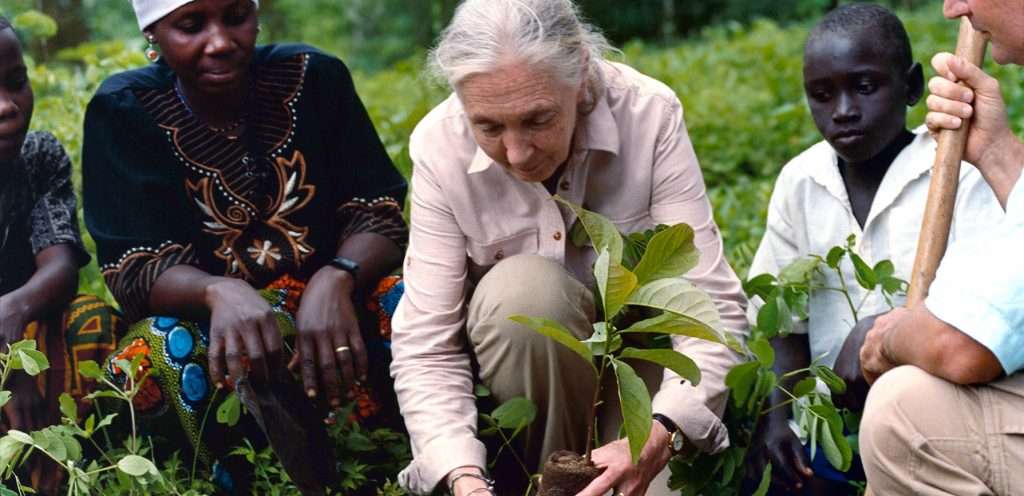
8. Jane Goodall
Born on April 3, 1934, Jane Goodall is a celebrated British primatologist and anthropologist. She is widely regarded as the leading authority on chimpanzees. Goodall’s groundbreaking research began in 1960 when she traveled from England to what is now Tanzania and ventured into the little-known world of wild chimpanzees.
Goodall’s study of the social and family interactions of wild chimpanzees transformed our understanding of these primates and revolutionized primatology. She observed behaviors such as tool-making, meat-eating, and social relationships, which were thought to be exclusively human.
Goodall founded the Jane Goodall Institute in 1977, an organization recognized globally for its efforts in wildlife and environmental conservation. The institute continues Goodall’s innovative approach to conservation, which recognizes the central role that people play in the well-being of animals and the environment.
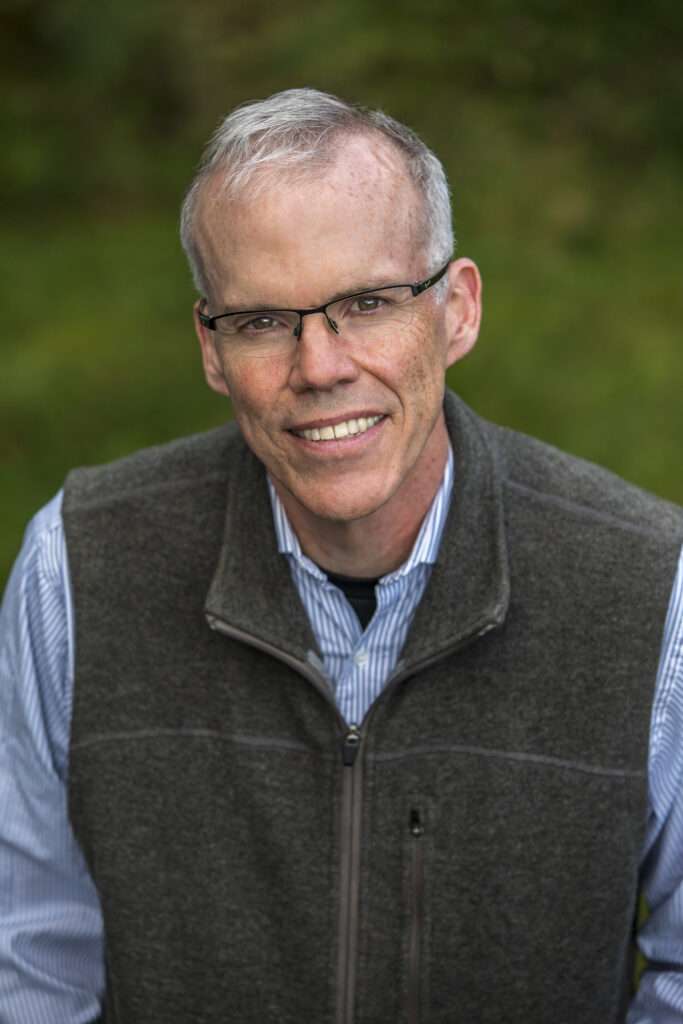
9. Bill McKibben
Bill McKibben is an influential American environmentalist, author, and journalist who has dedicated his life to raising awareness about climate change. Born on December 8, 1960, McKibben’s impact on environmental activism began with his writing. His book “The End of Nature,” published in 1989, was one of the first books to explain global warming to a general audience.
McKibben’s written work extends beyond books; he’s a contributing writer to The New Yorker and various other publications where he discusses environmental issues and advocates for progressive change. His writings are widely recognized for their ability to articulate the urgency of climate change and inspire people to take action.
In addition to his writing, McKibben is also the co-founder of 350.org, an international environmental organization that works at the grassroots level to reduce carbon dioxide levels in the atmosphere to 350 parts per million, a safe level according to scientists. Through 350.org, McKibben has mobilized millions of people worldwide to participate in demonstrations and actions advocating for the reduction of greenhouse gas emissions.
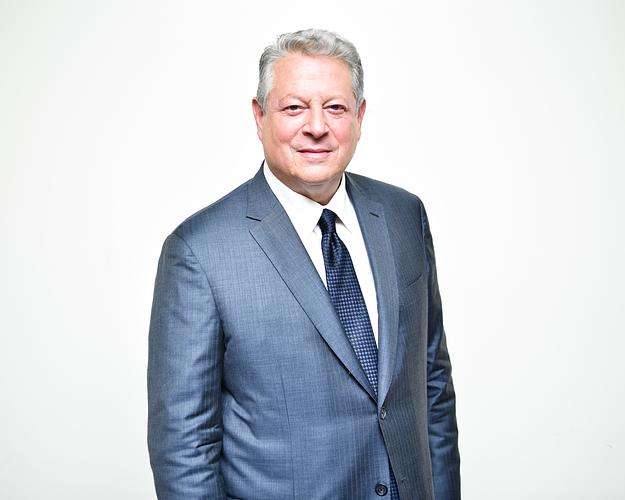
10. Al Gore
Al Gore is an American politician and environmentalist who has played a crucial role in raising awareness about climate change through politics and media. Under the administration of President Bill Clinton, Gore fulfilled his duties as the 45th Vice President of the United States, serving from 1993 to 2001. During his time in office, Gore prioritized environmental issues and was known for his efforts to address climate change.
However, it was after leaving office that Gore made his most significant impact on climate change awareness. In 2006, he released the documentary “An Inconvenient Truth,” which highlighted the dangers of climate change and urged immediate action. The film was a commercial and critical success, bringing the issue of climate change to the forefront of public consciousness.
Gore’s efforts to educate the public about the realities of climate change were recognized internationally when he was awarded the Nobel Peace Prize in 2007 alongside the Intergovernmental Panel on Climate Change (IPCC). The award acknowledged their collective efforts to “build up and disseminate greater knowledge about man-made climate change and to lay the foundations for the measures that are needed to counteract such change.”
Related on Ethos:

